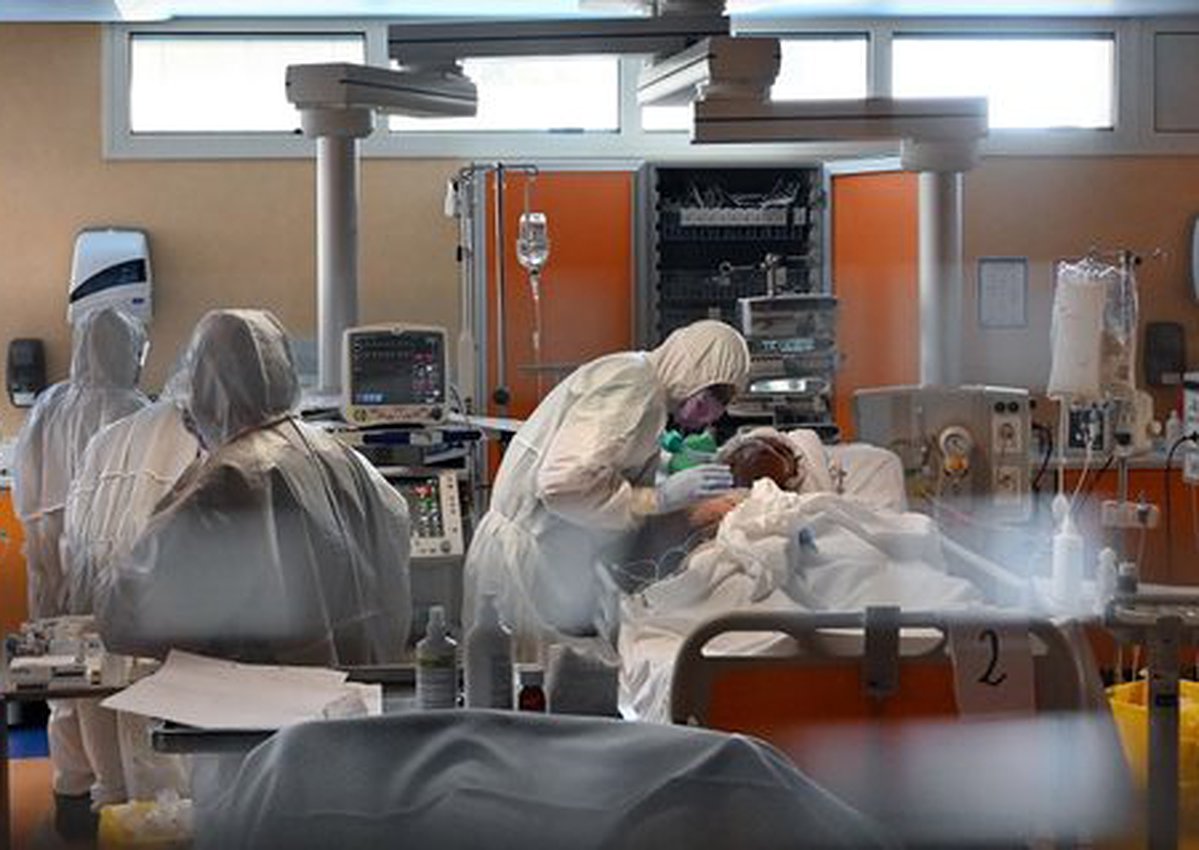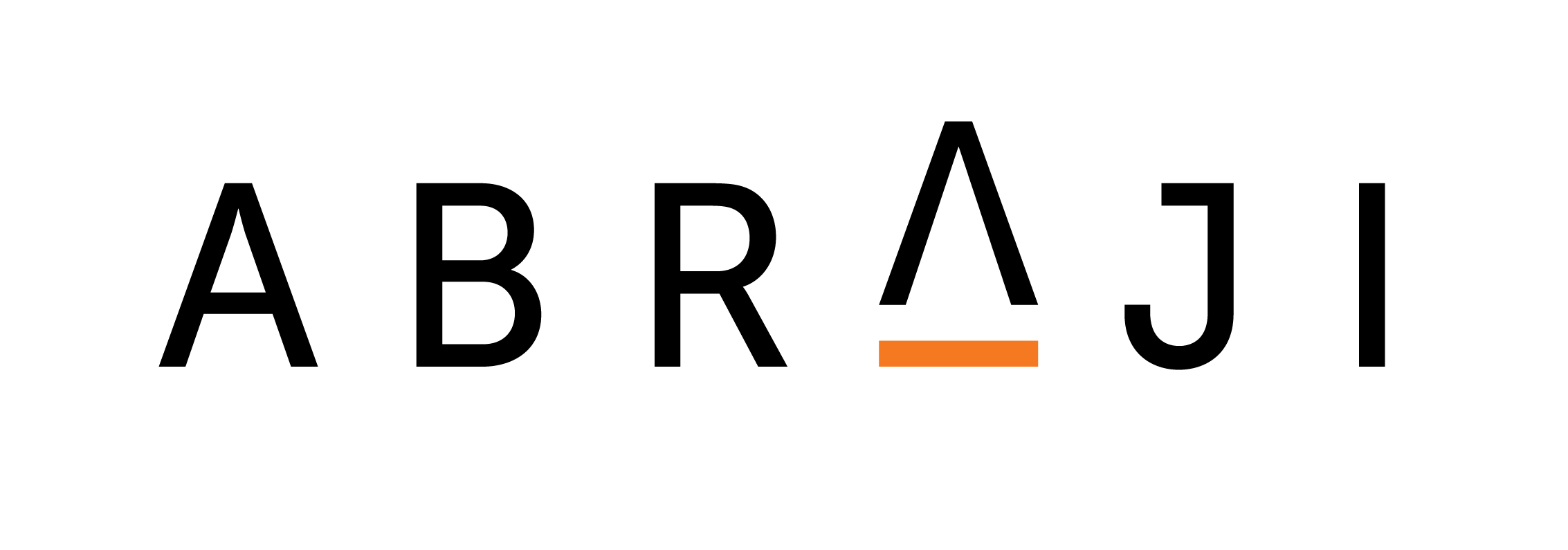Independent filmmaker Francesca Tosarelli arrived in Bergamo, the epicentre of the coronavirus outbreak in Italy, for what was meant to be a 24-hour shoot. Two weeks on she’s still there, one of a handful of journalists documenting the catastrophic impact of the COVID-19 pandemic.
“A month ago I was meant to go back to Baghdad to carry on making a documentary I’ve been working on. But as the coronavirus crisis escalated in Italy, I decided to start covering the emergency where I live, in the north of the country. I could never have imagined what I was about to witness.
“For weeks, the iconography of the pandemic in the media was mostly empty streets. Just like the virus is invisible, its consequences seemed still invisible to most.
“By mid-March, my partner - also a photojournalist - and I decided to come to Bergamo, the worst affected area in the whole of Italy, our own ground zero.
"We secured an embed with the local Red Cross volunteers and started following them, in our own car, all around the province, answering emergency calls. Most of the calls are COVID-19 related.
“That’s when we realised that the virus really is everywhere. It’s as if we could finally see it, in people’s homes, in their bedrooms, in the bewildered expressions on the family’s faces.
“Before entering the house of a suspected COVID-19 patient, we put on the full protective equipment that the volunteers provide us with. Full body suits, double gloves, goggles and FP3 masks. We are trying to get our own PPE but for now the Red Cross doesn’t seem to mind if that means people will finally see what’s happening on the ground. There are very few journalists filming here. “I’ve never been in a situation like this before. It’s all so intense and it happens so quickly.
“When we turn up at the address, we look like a group of alien invaders. Usually I can rely on my body language and my face to communicate with the interviewees and ask for permission to film. Now, I am just a faceless Teletubby in white overalls, a voice holding a video camera, trying to explain to the patients and their families why we want to film their ordeal and why they each need to fill out and sign a release form. All the while the Red Cross volunteers in the same alien outfits are attending to their loved one.
“It is quite a surreal and awkward thing to do. We can’t stay in the homes for too long either because everyone inside is probably infected. The air and surfaces are infected too.
“I’ve never had this type of access to anything as quickly as it’s happened here. I’ve been constantly amazed. People here understand immediately the importance of documenting this for the rest of the world.
“At the beginning I was really shocked to see how many patients were left at home.
"I remember one case, a father in his 50s with heart problems and difficulty breathing. He’d run a 39-degree fever for a whole week. The volunteers told us very clearly that normally he’d be a code yellow, but when they called the hospital to ask for permission to bring him in, they were told to leave him home and tell him to keep taking paracetamol. They only had room for the most serious of cases. Also, the hospitals are bursting with the virus. They don’t want to risk infecting someone who may not really have it.
“This is happening for all emergencies, not just COVID-19. You normally call an ambulance with a code yellow problem and you have to wait for 10 minutes. Now you have to wait for two hours. Ambulances need to be disinfected every time they carry a COVID-19 patient and that takes half an hour. Also, usually ambulances are able to leave oxygen bottles for patients at home, but they no longer have any extra to spare. They’ll say to the family, ‘Can you go and buy some oxygen from the pharmacy?’ but they know there probably won’t be any.
“I’m not looking for any scoops here. I want to show the reality. And the reality is that people are sick, they’re in their homes, they’re dying in their homes in Italy, and this is incredible to me because I’ve always taken for granted that we have an excellent public healthcare system. It’s so shocking to see our system collapse so dramatically. “Even when patients are actually taken to hospital, it feels more like a sentence than an achievement.
“There was a family whose mother, in her 60s, was very ill and with some pre-existing conditions. The Red Cross volunteers had to tell the family the truth, that once the mother was in hospital they couldn’t talk with her anymore. Patients can receive one phone call per day from relatives, but they can’t use the phone themselves, and they can’t receive any visitors because the hospitals are overwhelmed and contaminated. They told them ‘Please say your goodbyes. This may be the last time that you see each other’.
“The mother was crying and didn’t want to go. One daughter begged her mum to hang in there. She told her that she wanted to get married and she needed her to be there. She was desperately trying to give her mother something to cling to, a reason to fight. “Usually I manage to exchange phone numbers with the families and then check on them. But this goodbye was too heartbreaking and I didn’t get to ask.
“So I don’t know what happened to them. “When we leave a house we don’t have much time to stop and think. We carefully take everything off and dispose of the PPE. We sanitise our clothes as best we can with disinfectant. Shoes, everything.
“The volunteers constantly check on us, to see if the masks fit properly or need changing. They’re not even nurses or doctors, they’re volunteers, they’re risking their lives without even being paid. “You have to be really careful about normalising things and, after a while, you can forget what you need to do to keep safe. People adapt. That’s human nature, and this thing is invisible, so it’s hard to always keep in your mind that it’s always there and it can be deadly.
“I don’t want to catch the virus. Part of me thinks I’ve already had it, a few weeks back when my partner and I had what looked like an unusually bad flu.
“But I’m not taking any chances. We rent a room via Airbnb and we keep a two metre distance from our host. We never leave the flat without a mask. We leave our groceries outside the door for hours before bringing them in.
“As for my mental health, to be honest, I still haven’t had the time to properly reflect on this. The camera acts as a filter, yes, and I’ve been to many dangerous countries. "But this much I can tell you. This is very different. This is my home country and it’s totally different. Everyone is affected. Your friends, your relatives.
“I’m lucky I still have my freedom and I’m doing my job. At least I’m doing something useful."
Francesca Tosarelli’s work has been featured on Channel 4, Arte, Al Jazeera and ARD. Image by AFP





























































